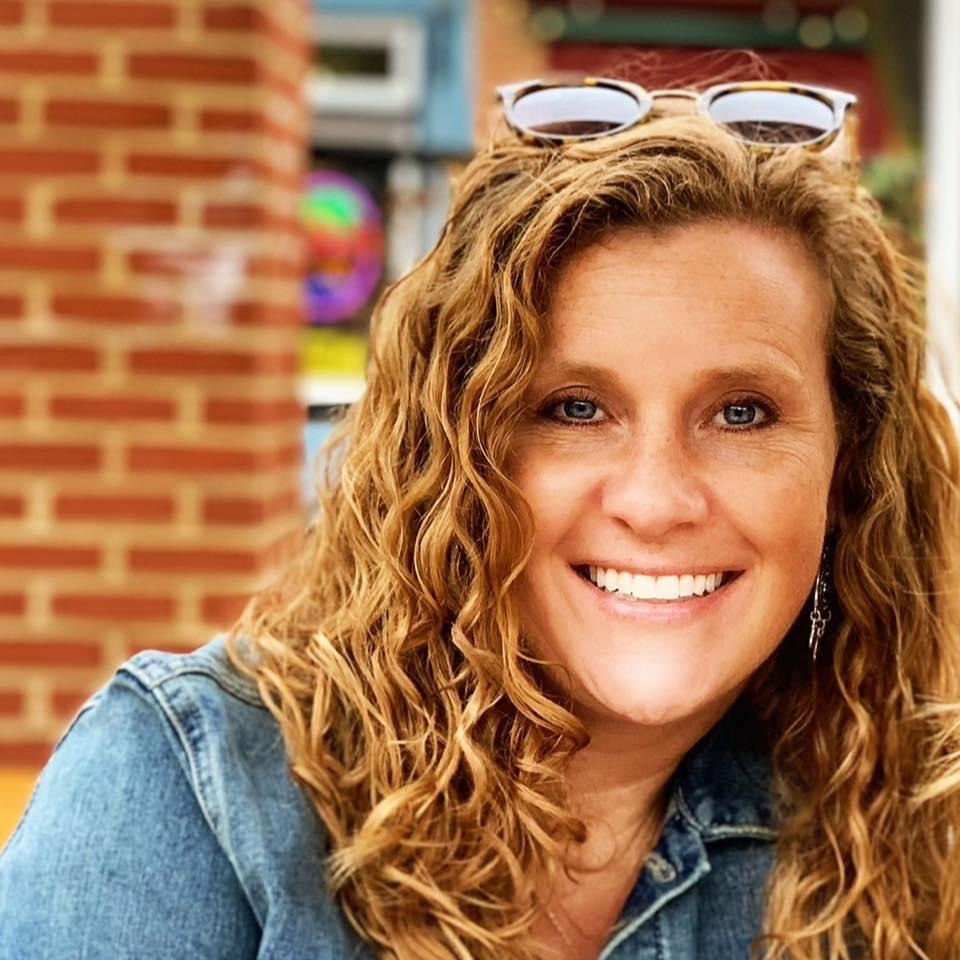The kitchen is more than just a place to prepare meals; it's a powerful classroom for developing essential executive function skills. These cognitive abilities, including planning, organization, time management, working memory, and self-regulation, are crucial for success in daily life. What's even more exciting is that they can be cultivated in a fun and practical way right in your own home.
In this blog post, we'll explore how you can use the kitchen as an educational tool to teach and strengthen executive function skills in both children and adults.

1. Planning and Goal Setting 💡
Cooking begins with a goal: What are we going to make today? Start by involving your child or students in the recipe selection process. This encourages them to set a goal and plan for the steps needed to achieve it. Ask questions like, "What ingredients do we need?" and "What tools will we use?"
2. Organization and Gathering 💼
Once the recipe is chosen, it's time to gather ingredients and equipment. Teach your learners the importance of organization by setting up a workspace with everything they need readily available. This includes measuring cups, cutting boards, and the necessary ingredients. Organizational skills come into play as they lay out their tools and ingredients systematically.
3. Time Management ⏰
Cooking requires good time management. Guide your learners in estimating how long each step of the recipe will take. Use timers or clocks to help them keep track of time and ensure that each part of the process is completed efficiently.
4. Task Prioritization ✍️
Discuss the order of tasks involved in the recipe. Help your learners prioritize tasks based on what needs to be done first, second, and so on. This helps them understand the importance of sequencing and task management.
5. Working Memory 🧠
Following a recipe involves working memory, the ability to hold and manipulate information in your mind. Encourage your learners to read through the recipe step by step and remember the instructions as they progress. This strengthens their working memory and focus.
6. Flexibility and Problem-Solving 🐘
Not everything goes as planned in the kitchen, and that's where flexibility and problem-solving come into play. If they run out of an ingredient, teach them to adapt by using substitutes. If a mistake is made, discuss how to correct it or alter the recipe to make it work.
7. Self-Control 🧘
Waiting for food to cook can test patience, a form of self-control. Teach your learners to set a timer and resist the urge to check or stir too often, allowing the process to unfold naturally.
8. Cleaning Up 🧼
After the meal is prepared and enjoyed, emphasize the importance of cleaning up the kitchen. This includes washing dishes, putting away ingredients, and tidying up. It's a lesson in completing tasks and maintaining an organized space.
9. Reflect and Evaluate 🗣
End the cooking session with a discussion about what went well and what could be improved next time. Encourage your learners to reflect on their experience, reinforcing self-regulation and self-assessment.
10. Cooking Challenges 👩🍳
For an extra dose of fun and skill-building, create cooking challenges or games. Challenge participants to create a dish with limited ingredients, or have a "Chopped"-style competition where they must be creative with what's available.

Teaching executive function skills in the kitchen is not only educational but also a deliciously enjoyable experience. So, the next time you're in the kitchen, remember that you're not just making a meal – you're cooking up success by nurturing essential life skills in a practical and engaging way. Bon appétit! 🍽️🧠
Thanks for reading! If this was helpful, consider checking us out on our other platforms HERE and Leave a Google Review!
If you would like a free PDF guide with examples on how these skills can be executed in the kitchen join our exclusive Facebook group for parents!

If you would like to learn more about enhancing planning, time management, or emotional regulation, I'm here to guide you. Take the first step – book your consultation today and start your journey toward success. You can click here to schedule a complimentary consultation!

Comments